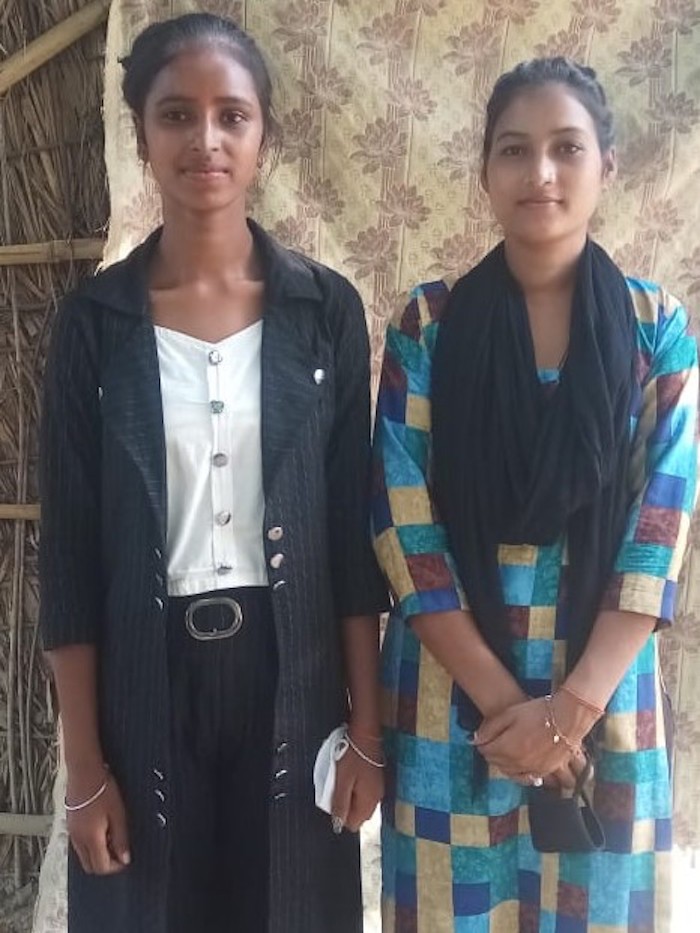When a country-wide lockdown was imposed in India to prevent the spread of COVID-19 on March 21, school student Preeti Singh had no idea what the days ahead were going to be like for her.
Hailing from a remote village in India’s northern Uttar Pradesh, 13-year-old Preeti aspires to one day become an aeronautical engineer.
Her father, Sukh Ram, is a daily wage laborer who works in a brick kiln and struggles to fund his two daughters’ education. Preeti is his eldest child.
The lockdown closed government and private offices, all industries and education institutions.
To address concerns over children missing out on their education classes went online but for some like Preeti whose family don’t have the internet or even a smart phone that wasn’t a solution.
“It was simple, I couldn’t ask my father to buy me a smartphone that costs about 7,000 rupees ($US 100). I was then left with no option but to abandon my education,” Preeti told LiCAS.News.
Preeti’s predicament was shared by many children in her hamlet and in adjacent villages with fathers not being able to pay for what was needed to allow their children to attend classes online.
Preeti’s father Sukh Ram said that education become a luxury during the lockdown. “Education before the outbreak of COVID was something for all in the country… It became a situation where only children in possession of a costly gadget could study,” Ram said.
But hope for the village children came in the form of several volunteers from Caritas India, the Catholic Church’s social service arm.
After learning of the children’s situation, they established an open-air class room for those students who couldn’t go online.
Caritas then chose two senior girls — Aarti Devi and Anu Devi — from an adjacent village who had university degrees and trained them on how to conduct classes.

Aarti said they were both enthusiastic to become part of the initiative.
“I have seen firsthand what it means to study with a meagre family income. The path is often strewn with hardships and traumas,” she told LiCAS.news.
Aarti said that when the Caritas volunteers approached her with a plan she readily accepted it.
“They provided me with 15 days training. The blackboards, chalks and mats were all provided by Caritas. We had the first open air class in July and since then it is has become routine,” Aarti said.
For Anu, the open-air classrooms provided her a chance to help the village children strive towards their dreams.
“They have hopes and desires just like other children in our society,” Anu said. “The only thing that kills their dreams is a lack of facilities. I am proud that I have been given a chance to give them hope again,” she said.
With schools in the state still closed due to lockdown restrictions, Preeti now attends outdoor classes and said she even enjoys her studies more than she had at her old school.
“We study under the tree shade and every day I am excited to attend the classes. I don’t want them to end ever. I always want to study this way,” Preeti said.
Father Paul Moonjely, director of Caritas India, said more than 100 children are attending outdoor classes at four different outdoors schools supported by Caritas in Uttar Pradesh
“With the voluntarily support of these girls teaching the children, families are very happy as they know the importance of education,” Father Paul said.
“These girls acting as teachers have brought a ray of hope for the children and their families. Such volunteer acts are remarkable,” he said.






